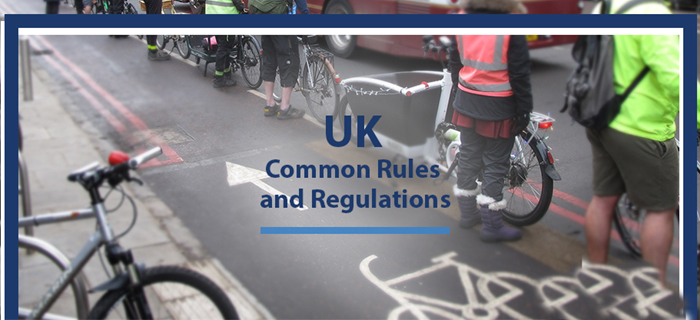
Every country has its own set of rules and regulations that its inhabitants follow. These norms might not be fully-perceived by foreigners and international students when they first arrive in the UK. Here are the most common laws and regulations in the UK:
Noisy Neighbours Law in the UK
Even if students are into partying on the weekends, they still might face some noise-related issues while living in the UK. There is actually a noisy neighbours law in the UK that condemns any act that interferes with the lives, comfort, property, or common rights of the public. The legal night time in the UK is from 11 pm to 7 am, so any extreme noises between these two hours are considered illegal. Living in student accommodation in the UK will surely make it obligatory for students to respect one another’s privacy and also opt-out from producing any extreme noises.
Student Pedestrians in the UK
Students’ best method of moving around any city in the UK is on foot. It is cheap, healthy, and environment-friendly. Use the pavement where possible and if there is none, keep to the right-hand side of the road so you can see the oncoming traffic. In poor daylight conditions, help yourself be seen by wearing or carrying something that is light-coloured or fluorescent, like armbands or waistcoats. Every country comes with its unique road traffic sign images and as a fresh student in the UK, it is better to know them. It is for your own safety and for others' as well. Check the Road Traffic Sign Images guide for more information. Jaywalking in the UK is acceptable; however, foreigners are mostly puzzled about how to do so. As a student, you can walk along or cross all roads except motorways where pedestrians and slow vehicles are not permitted.
Student Driving Licence in the UK
An international student in the UK mostly goes for a driving license for a car or a motorcycle. Consider having the correct driving license and being above the minimum driving or riding age, which is 17 years. Also, there are the 'standards of vision for driving' and in order to meet them, you have to wear glasses or contact lenses if required. There is a practical driving eyesight test that you have to pass to get your driving license in the UK. You have to also know that the national speed limit in the UK is 70 mph and try familiarizing yourself with the traffic signs in the UK.
